Books, Movies, Podcasts and More To Help You Better Understand and Combat Racism
Juneteenth is a federal holiday celebrated on June 19 and is the oldest known celebration to commemorate the emancipation of enslaved African-Americans. It is historically a day for African-Americans to celebrate their history, culture and achievements. Today, it is a day for all to reflect and recommit ourselves to the work of equity, equality and justice.
As we all try to combat systemic racism and oppression in our daily lives, here is a selection of books, movies, podcasts, websites, documentaries and more that can help you better understand the history of racial injustice against African-Americans in the United States. This is an evolving list and we welcome your suggestions by emailing social@binghamton.edu.
If you’re in town this summer, commemorate 157 years since the emancipation of enslaved people at Assata Shakur Park. The Binghamton Juneteenth Committee is hosting a celebration at noon Saturday, June 18 with free food, music and activities. This year’s theme is Liberate, Educate and Elevate, which organizers hope everyone keeps in mind this Juneteenth.
PUBLICATIONS BY BINGHAMTON AUTHORS
The Weeping Time
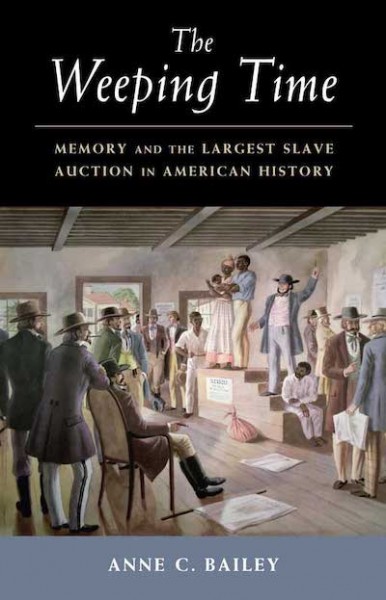
By Anne Bailey, Professor of History and Director of the Harriet Tubman Center for the Study of Freedom and Equity.
Bailey’s book focuses on the largest recorded-slave auction in American history, detailing the events that took place at Ten Broeck racetrack in Savannah, Ga. Bailey has also written African Voices of the Atlantic Slave Trade and Invisible Southerners: Ethnicity in the Civil War. In addition, she has contributed to The New York Times Magazine’s 1619 Project and has her own blog, Baileyblog.
Words to Our Now: Imagination and Dissent
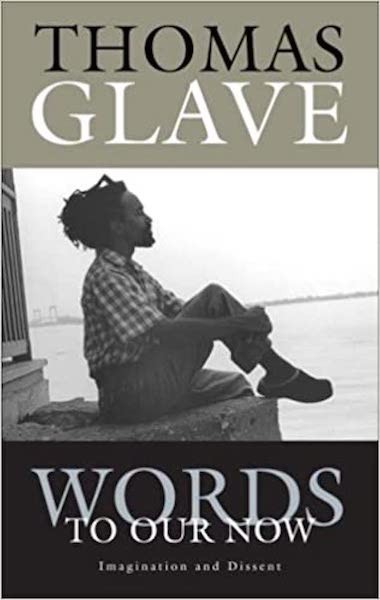
By Thomas Glave, Professor of English, General Literature and Rhetoric
Glave, through a series of essays, draws on his experiences as a politically committed, gay Jamaican American to deliver a condemnation of the prejudices and inhumanities that persist in the United States and elsewhere. The book won the Lambda Literary Award for Nonfiction in 2005. Glave is also the author of Among the Bloodpeople: Politics and Flesh, which was a finalist for the 2014 Lambda Literary Award in Nonfiction.
The “Sonic Color Line”: Shakespeare and the Canonization of Sexual Violence Against Black Men

By David Sterling Brown, Assistant Professor English, General Literature and Rhetoric
This article written by Brown and published in Medium discusses the issues of anti-blackness and sexual violence against black males. Brown has previously served on the Shakespeare Association of America’s Diversity and Inclusion Committee, and currently serves on the Race Before Race (#RaceB4Race) conference series Executive Board.
Becoming “a Force for Desegregation” The Girl Scouts and Civil Rights in the Nation’s Capital
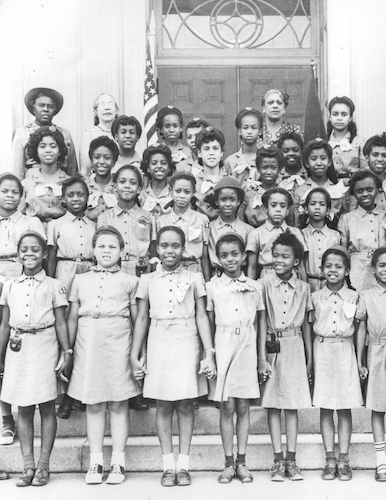
by Miya Carey, Postdoctoral Fellow in History
In this article, Carey traces the formation of D.C.’s separate black Girl Scout troops in the 1920s and their struggle for recognition from the white leaders of the Council of the Nation’s Capital. Carey examines the argument that access to healthy activities was a civil rights issue deserving of the support of the Girl Scouts organization.
(Photo courtesy of the Historical Society of Washington, D.C.)
Promises to Keep: African Americans and the Constitutional Order, 1776 to the Present
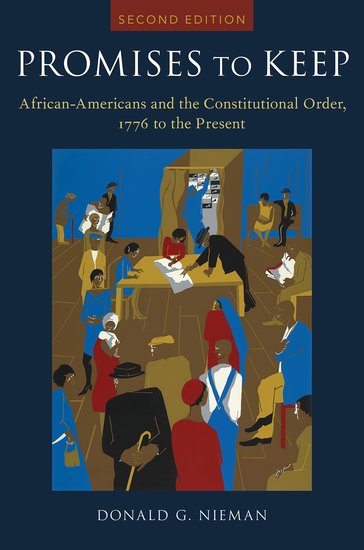
By Donald G. Nieman, Executive Vice President for Academic Affairs, Provost and Professor of History
Promises to Keep is a compelling overview of how conflict over African Americans’ place in American society has shaped the Constitution, law and our understanding of citizenship and rights.
The Making and Unmaking of Whiteness
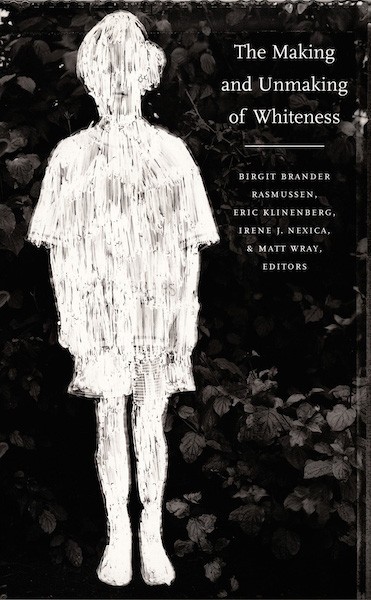
By Birgit Brander Rasmussen, Associate Professor of English, English, General Literature and Rhetoric
This collecton of articles and essays comes from the Berkeley conference of the same name and presents a fascinating range of inquiry into the nature of whiteness. The contributors are all leaders in the “second wave” of whiteness studies who collectively aim to combat the historical legacies of white supremacy and to inform those who seek to understand the changing nature of white identity, both in the United States and abroad.
Racial Microaggressions and Psychological Distress Among Undergraduate College Students of Color: Implications for Social Work Practice

By Ada Robinson-Perez, Miesha Marzell, Woojae Han
This study examines the relationship between racial microaggressions and psychological distress among undergraduate students of color and seeks to inform social work practice with that population.
The Sonic Color Line: Race & The Cultural Politics of Listening
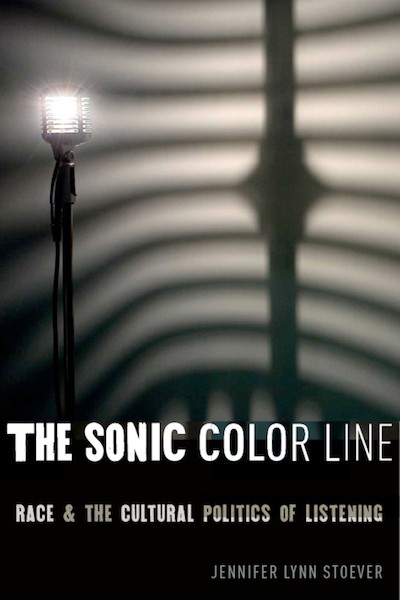
By Jennifer Lynn Stoever, Associate Professor of English, General Literature and Rhetoric
Stoever’s book uses compelling research to explain the history of how race and racism are constructed from sound and maintained through the listening ear. The Sonic Color Line argues that American ideologies of white supremacy are just as dependent on what we hear - voices, musical taste, volume - as they are on skin color or hair texture.
PUBLICATIONS BY OTHER AUTHORS
Between the World and Me
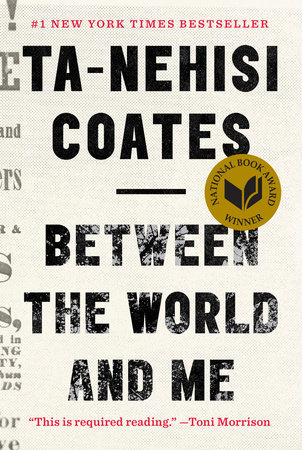
By Ta-Nehisi Coates
In this #1 New York Times bestseller and winner of the National Book Award for nonfiction in 2015, Coates uses the format of a letter to his adolescent son to provide a new way of understanding the United States’ racial history and how Coates found his place in the world. (Photo courtesy of ta-nehisicoates.com)
White Fragility: Why It's So Hard for White People to Talk About Racism
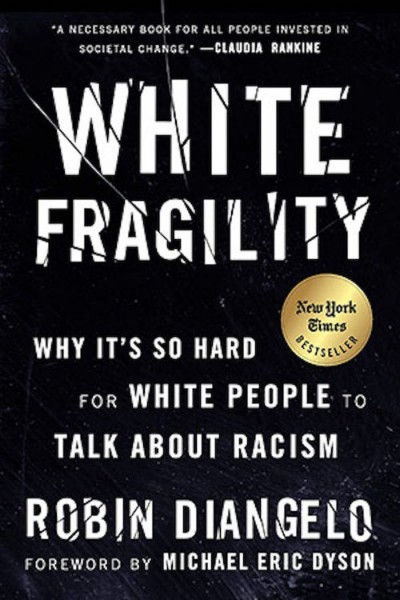
By Dr. Robin DiAngelo
DiAngelo argues that White Fragility is a state in which even a minimum amount of racial stress becomes intolerable, triggering defensive responses. DiAngelo explores the dynamics of White Fragility and how white people can better build their capacity in the ongoing work towards racial justice. (Photo courtesy of robindiangelo.com)
How To Be an Antiracist
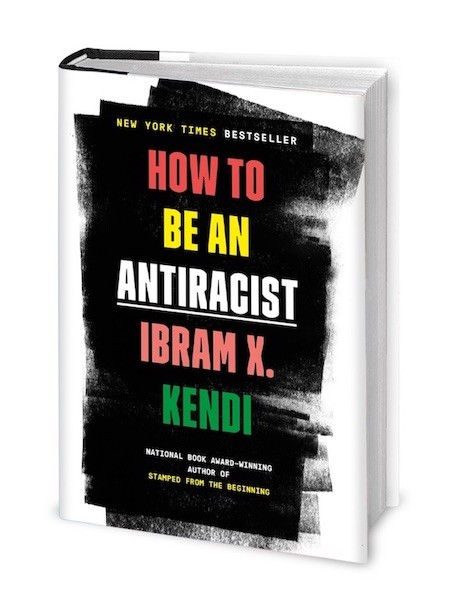
By Ibram X. Kendi
In this New York Times bestseller, Kendi reshapes the conversation about racial justice in America. He asks readers to think about what an antiracist society might look like, and how we can play an active role in building it. He also challenges readers to rethink their beliefs and closest personal relationships. (Picture courtesy of ibramxkendi.com).
Police Brutality: An Anthology
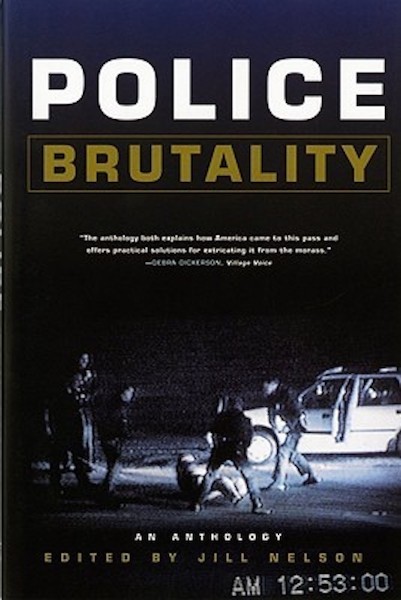
By Jill Nelson
Journalist Jill Nelson assembled this landmark anthology following the shooting of Amadou Diallo, an unarmed West African immigrant by four New York City police officers in 1999. It is a collection of 12 essays by an array of contributors including social critics, a congressman and an ex-New York City police detective.
Playing in the Dark: Whiteness and the Literary Imagination
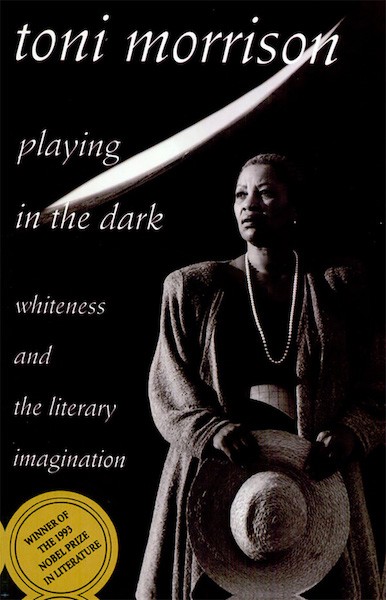
By Toni Morrison
The late Pulitzer Prize-winning novelist said her goal was to “put forth an argument for extending the study of American literature.” She examines the effect that living in a racialized society has had on American writing in the nineteenth and twentieth centuries. (Photo courtesy of Harvard University Press)
White Rage
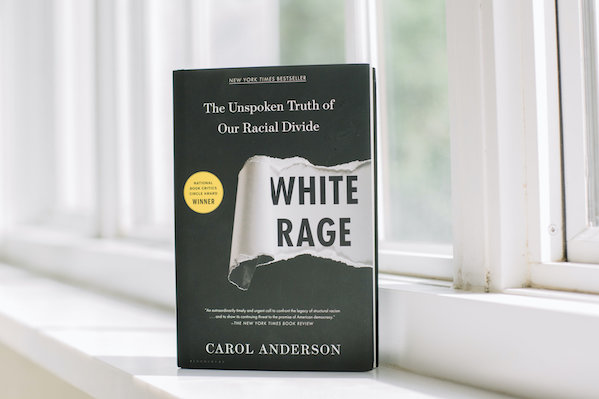
By Carol Anderson
Anderson’s New York Times bestseller makes the case that every time African Americans have made advances towards full participation in democracy, white reaction has fueled a deliberate, relentless rollback of their gains. (Photo courtesy of professorcarolanderson.org)
WEBSITES
PBS Learning Media: Confronting Anti-Black Racism
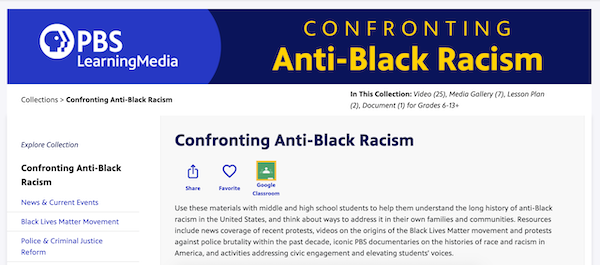
PBS Learning Media provides lesson plans, media galleries and videos on how to confront anti-black racism. The site is curated to highlight stories connected with the Black Lives Matter Movement, police and criminal justice reform, and ways to get involved through civic engagement.
The Undefeated

The Undefeated is a website started by ESPN in 2016 that explores the intersections of race, sports and culture. It also specifically covers news and reports on Historically Black Colleges and Universities (HBCU). (Photo courtesy of ESPN)
ART EXHIBITIONS
not but nothing other: African-American Portrayals, 1930s to Today
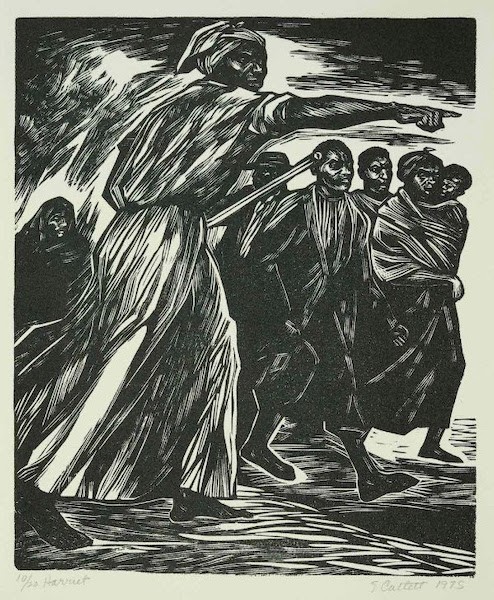
“not but nothing other: African-American Portrayals, 1930s to Today” presents an array of depictions of and by Black Americans, providing a wide-ranging survey of how artists over the last 90 years have responded to the challenge of picturing African-American selfhood in paintings, sculptures, prints, drawings and photographs. The exhibition was made possible through support from Art Bridges Inc. and was featured at the University Art Museum in fall 2019. View the exhibition digitally.
Unseen Faces of the Black Lives Matter Movement

This website chronicles an exhibition presented in the Mandela Room in spring 2018 by Binghamton students and Associate Professor Lisa Yun, whose research concerns cross-racial cultural politics. The site highlights the work done by transracial allies in the Black Lives Matters movement.
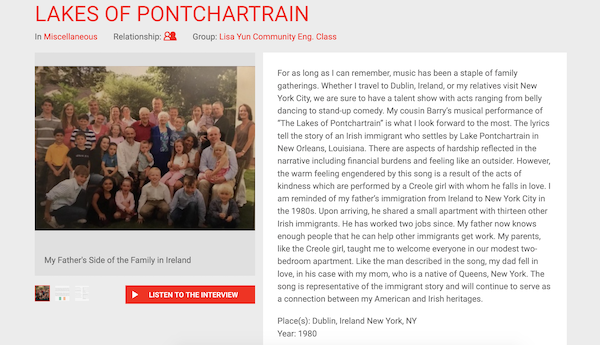
Inspired by the “Your Story, Our Story” project by New York City’s Tenement Museum, Lisa Yun’s Community Engagement class spent the spring semester researching and documenting their family immigration stories with a focus on one family member and an object significant to their immigration story. The exhibit can be found as a collection of photos and videos on Instagram, as well as on the Tenement Museum’s website.
PODCASTS
NPR: Code Switch
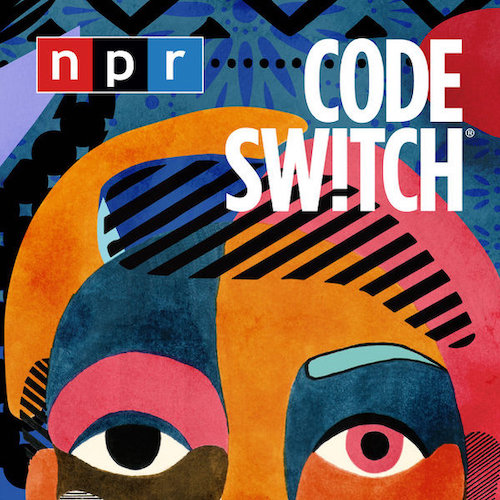
This podcast is hosted by journalists of color and explores how race impacts every part of society. This includes politics, pop culture, history, sports and more. (Photo courtesy of NPR)
Higher Learning with Van Lathan and Rachel Lindsay
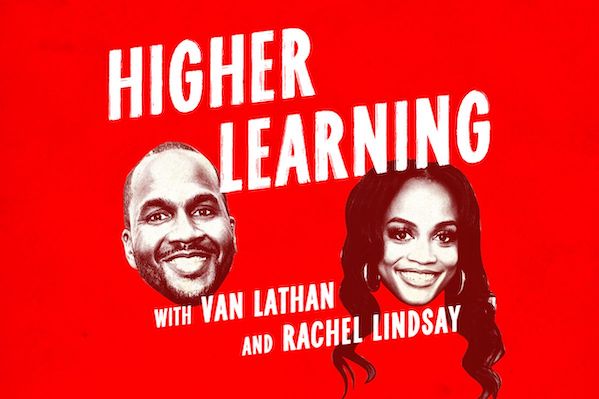
Van Lathan and Rachel Lindsay break down the biggest topics in black culture, politics and sports twice a week as part of The Ringer podcast network. Lindsay was the first black lead in ABC’s The Bachelor/Bachelorette reality show franchise. (Photo courtesy of The Ringer)
Jemele Hill is Unbothered
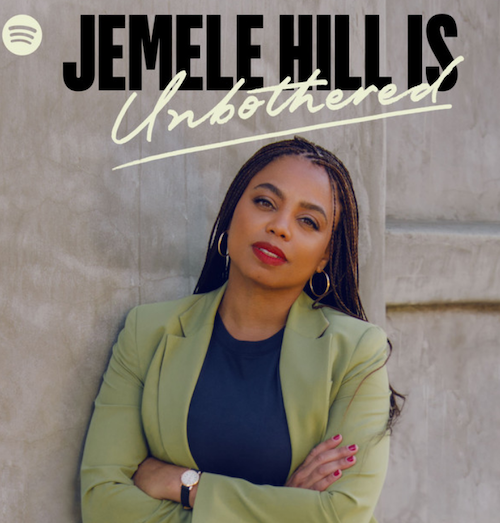
Jemele Hill, a contributing writer for The Atlantic and formerly of ESPN, hosts a podcast on Spotify interviewing compelling figures in pop culture, politics and sports in unfiltered conversations. (Photo courtesy of Spotify).
DOCUMENTARIES
13th
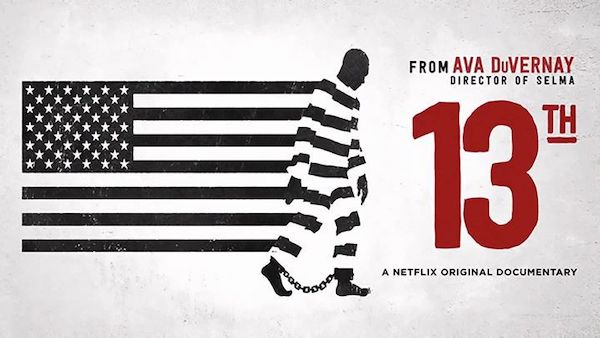
Directed by Ana DuVernay. In this Netflix documentary scholars, activists and politicians analyze the criminalization of African Americans and the United States’ increase in mass incarceration. (Photo courtesy of Netflix)
The Talk: Race in America
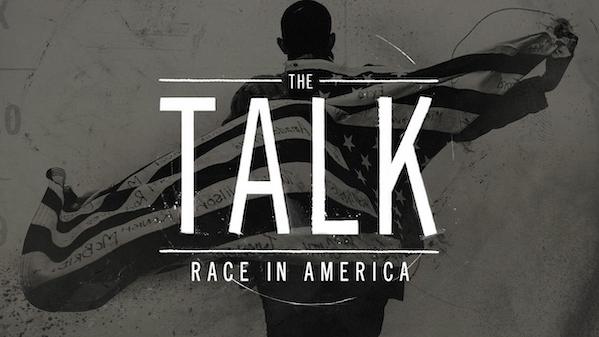
Produced by PBS, “The Talk: Race in America” addresses the conversations taking place in homes and communities across the country between parents of color and their children on how to behave if they are ever stopped by the police. (Photo courtesy of PBS)
Freedom Riders
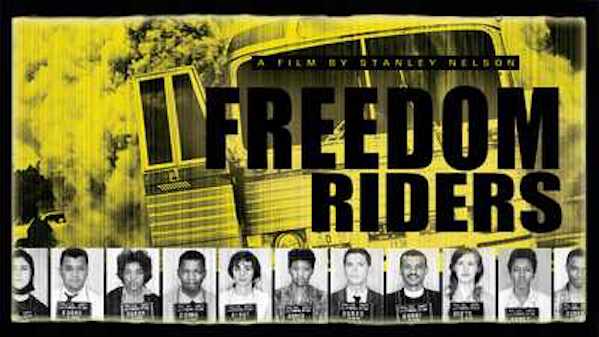
From Director Stanley Nelson and PBS American Experience series, Freedom Riders is the story of how more than 400 black and white Americans in 1961 traveled through the Deep South to fight segregation in transit systems. The Freedom Riders were met with hatred, savage beatings and imprisonment. It is based on Raymond Arsenault’s book Freedom Riders: 1961 and the Struggle for Racial Justice. (Photo courtesy of PBS).
The Black Panthers: Vanguard Of The Revolution
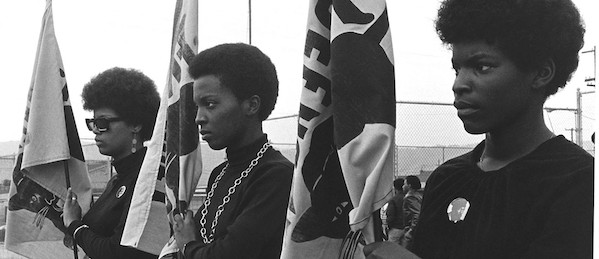
Also produced by PBS, “The Black Panthers: Vanguard of the Revolution” explores the Black Panther Party, its significance to broader American culture, its cultural and political awakening for black people, and painful lessons wrought when a moment derails. (Photo courtesy of PBS)
O.J.: Made In America
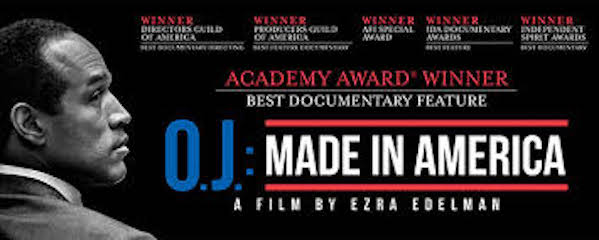
From the producers of ESPN’s critically-acclaimed 30 for 30 series, O.J.: Made In America not just tells the story of the “Trial of the Century” but the history of racial tensions that led up to it. It also examines the role race played in Simpson’s life as well as how the trial exposed racial divide in America. It is the winner of the 2016 Academy Award for Best Documentary Feature in 2017. (Photo courtesy of ESPN Films)
FILMS
Selma
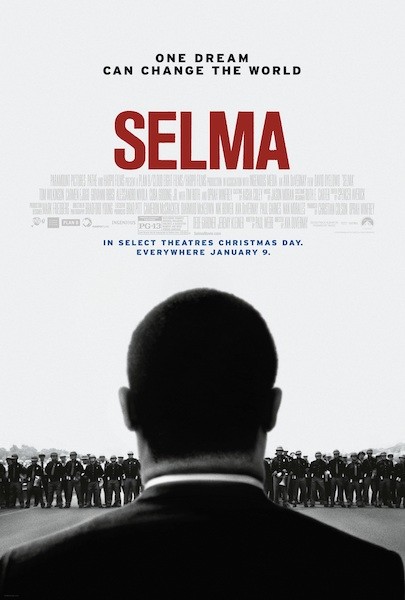
Directed by Ana DuVernay in 2014, Selma chronicles the march from Selma to Montgomery, Ala., led by Dr. Martin Luther King Jr., that culminated in President Lyndon Johnson signing the Voting Rights Act of 1965. It was an Oscar nominee for Best Picture of the Year in 2015.
12 Years A Slave
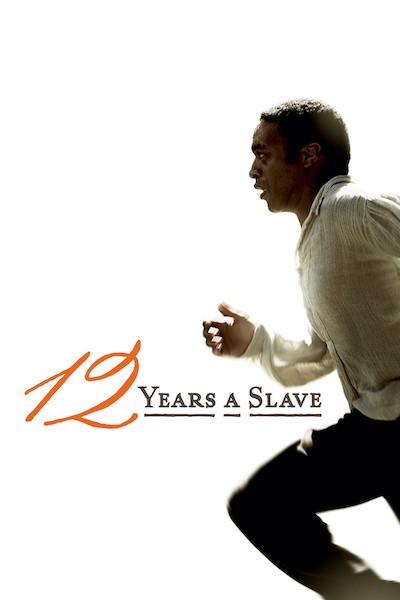
12 Years A Slave is based on the true story of Solomon Northup, a free black man from Upstate New York, who is abducted and sold into slavery. It was the winner of the 2014 Academy Award for Best Picture. (Photo courtesy of Searchlight Pictures)
Just Mercy
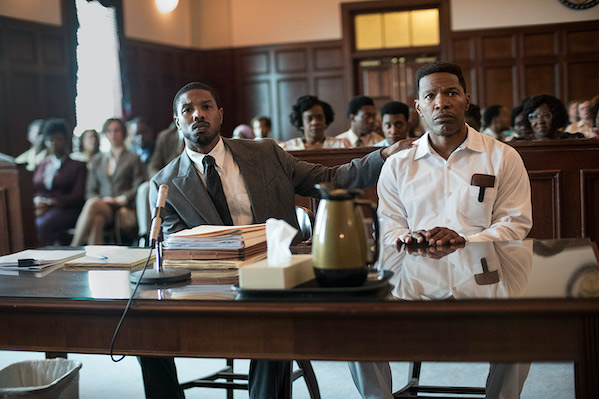
Just Mercy is the story of young civil rights attorney Bryan Stevenson, and based on Stevenson’s memoir of the same name. The movie focuses on one of Stevenson’s first cases, traveling to Alabama to attempt to overturn the wrongful conviction of Walter McMillan, an innocent black man who was sentenced to the death penalty for the murder of an 18-year-old white woman. (Photo courtesy of justmercyfilm.com)
Additional Resources:
Publications
The Case for Reparations, Ta-Nehisi Coates (Article published in The Atlantic)
New York Times Magazine 1619 Project, Created by Nikole Hannah-Jones
The New Jim Crow: Mass Incarceration in the Age of Colorblindness, Michelle Alexander.
Caught: The Prison State and the Lockdown of American Politics, Marie Gottschalk.
A People’s History of the United States, Howard Zinn.
Assata: An Autiobiography, Assata Shakur
The Color of Law: A Forgotten History of How Our Government Segregated America, Richard Rothstein
Teaching to Transgress: Education as the Practice of Freedom, bell hooks
Why Are All The Black Kids Sitting Together in the Cafeteria? And Other Conversations About Race, Dr. Beverly Daniel Tatum
Monumental: It Was Never About A Statue, Dr. Wes Bellamy
Racial Microaggressions in Everyday Life: Implications for Clinical Practice (American Psychologist)
Black Sexual Politics: African Americans, Gender and the New Racism, Patricia Hill Collins
Waking Up White, and Finding Myself in the Story of Race, Debby Irving
Ain’t I a Woman: Black Women and Feminism, bell hooks
The Souls of Black Folk, W.E.B. Du Bois
On Being Included: Racism and Diversity in Instituional Life, Sarah Ahmed
Sidelines and separate species: making education anti-racist for students of color, D.M. Blackwell (Race, Ethnicity, and Education)
Teaching to and through Cultural Diversity, Geneva Gay (Curriculum Inquiry)
Integrating universal design, culturally sustaining practices, and constructivism to advance inclusive pedagogy in the undergaraduate classroom, Tabitha Grier-Reed & Anne Williams-Wengerd (Education Sciences)
So you want to talk about race? Ijeoma Oluo
Teaching Race: Pedagogy and Practice’, Amie Thurber, M,. Brielle Harbin, and Joe Bandy (Race and Pedagogy Journal: Teaching and Learning for Justice).
Unsetlling the academy: working through the challenges of anit-racist pedagogy, Anne E. Wagner (Race, Ethnicity, and Education)
Pedagogical Principles and Practices for Teaching Race (Center for Teaching, Vanderbilt University)
Effective Teaching is Anti-Racist Teaching (Sheridan Center for Teaching and Learning, Brown University)
For Youth and Adolescents
All Boys Aren’t Blue: A Memoir-Manifesto, George M. Johnson
The Hate U Give, Angie Thomas
Black Lives Matter Instructional LIbrary (e-resource)
Documentaries
The House I Live In (PBS), Eugene Jarecki
Eyes on The Prize, (PBS), Produced by Blackside
When They See Us (Netflix), Ana DuVernay
I Am Not Your Negro, Raoul Peck
Race: The Power of an Illusion (California Newsreel)
For Young Children
Coming Together: Standing Up To Racism, CNN/Sesame Street Town Hall
Jacob Wilkins works as an assistant in the Office of Media and Public Relations. He also serves as the lead broadcaster for the Binghamton Rumble Ponies, the New York Mets Double-A Affiliate.
Have questions, comments or concerns about the blog? Email us at social@binghamton.edu.
